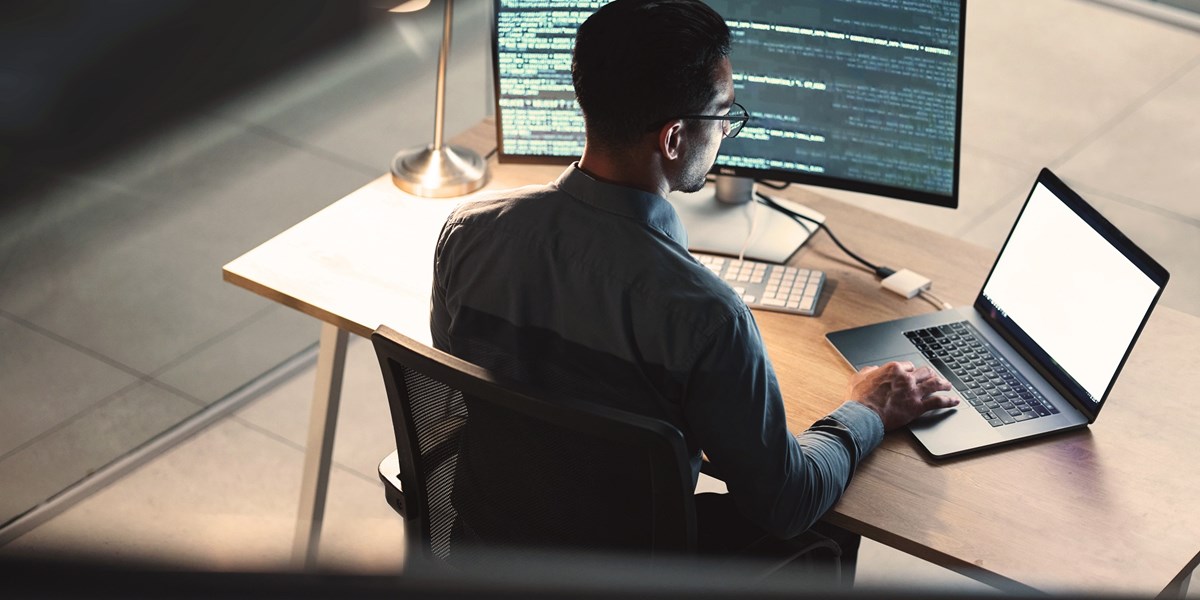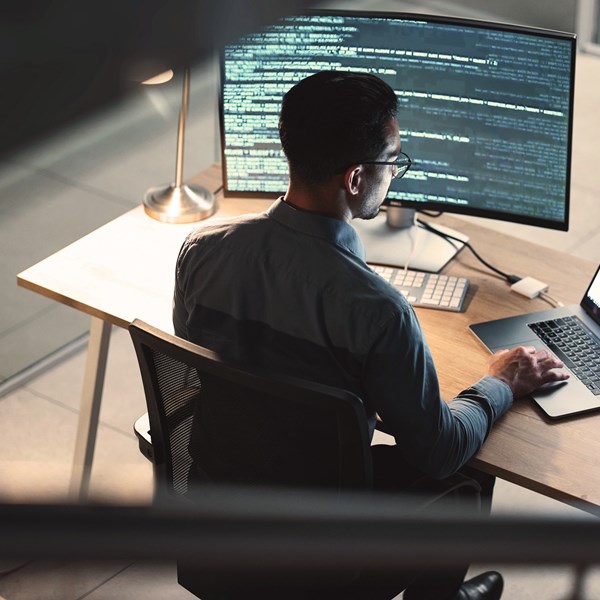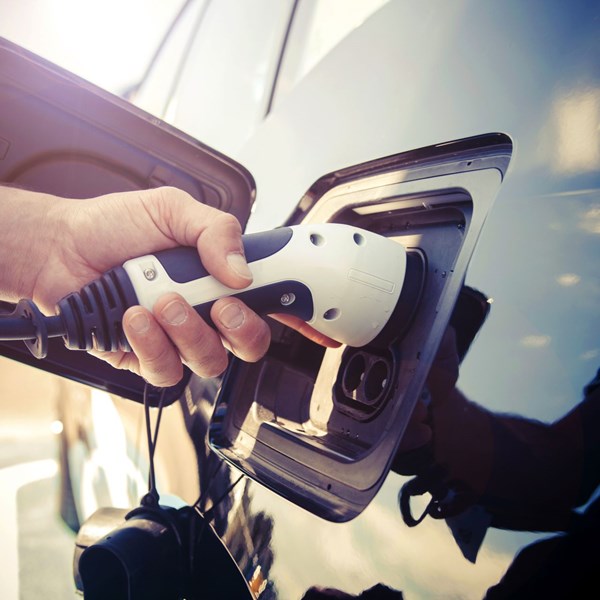As a general-purpose technology with far-reaching potential, artificial intelligence (AI) is expected to have great and widespread impact on society.
The areas of intellectual property (IP) rights and policy are not exempt here. As evidenced by numerous events and reports on AI and IP, there is recognition within the IP system for the need to have a serious conversation with AI-interested parties.
At least one aim of this dialogue is to decide whether (and, if so, to what extent) the IP system should be adapted to accommodate AI to ensure that it continues to be fit for purpose. In this context, the World Intellectual Property Office’s (WIPO’s) public consultation on AI and IP policy, initiated on 13 December 2019 to coincide with publication of its issues paper, adds to and supports the global AI IP debate. With a deadline of 14th February 2020, the opportunity to share feedback has closed and the results are awaited with great interest.
FROM COPYRIGHT TO IP POLICY TO PATENTS - AN AMBITIOUS CONSULTATION EXERCISE
WIPO’s public consultation seeks comments in relation to several areas of the IP system. These areas include patents, copyright, data, designs and accountability for IP administrative decisions taken using AI.
More generally, whether AI-generated works should be eligible for protection by way of one or more sui generis rights is also an area in which WIPO seeks comments.
Considering the public consultation as a whole, common discussion themes emerge: who is entitled to own AI-generated works; how can AI be used as a tool for IP administration; and should AI training be exempt from infringement of existing rights?
Looking at patents specifically, there are many, as yet, unanswered questions around four key areas:
Inventorship and ownership
As shown by the ‘DABUS’ patent applications, the existing frameworks of patent law are being challenged to accept an AI inventor. In such cases, should the patent system recognise AI inventors? If yes, who is then entitled to an AI inventor’s inventions, and under what derivation of right? If no, should inventions generated by an AI be formally excluded from patentability?
Patentable subject matter and patentability guidelines
Computer-implemented inventions (CIIs) are examined for patent-eligibility and patentability according to different criteria around the world. Although AI inventions may be considered a subset of CIIs, are current CII examination practices suitable for AI? If not, what amendments need to be made?
Inventive step or non-obviousness
In view of, for example, the European standard applied for assessing inventive step - if, having regard to the start of the art, the invention is not obvious to a person skilled in the art - what implications arise from providing a skilled person with AI tools? If an invention is deemed to have been invented by an AI, should consideration be given to replacing a skilled person in the obviousness test with an appropriately trained AI?
Disclosure of AI algorithms and training data
If an invention has been made using a deep learning network, where the route(s) from input to output are unknown, is a description of the deep learning network’s initial state in a patent application sufficient to enable a person skilled in the relevant art to reproduce the invention? Would a system of deposit for algorithms and/or training data, like the deposit system for microorganisms, be useful?
ACTIONS OF OTHER IP OFFICES
The scope of WIPO’s public consultation appears similar to the scope of the United States Patent and Trademark Office’s (USPTO’s) recent request for comments on intellectual property protection for AI innovation. Questions presented as part of the USPTO’s request include:
- Should a work produced by an AI algorithm or process, without the involvement of a natural person contributing expression to the resulting work, qualify as a work of authorship protectable under U.S. copyright law? Why or why not?
- Should an entity or entities other than a natural person, or company to which a natural person assigns a copyrighted work, be able to own the copyright on the AI work? For example: Should a company who trains the artificial intelligence process that creates the work be able to be an owner?
- Do any laws, policies, or practices need to change in order to ensure an appropriate balance between maintaining trade secrets on the one hand and obtaining patents, copyrights, or other forms of intellectual property protection related to AI on the other?
In addition, the European Patent Office (EPO), the Japan Patent Office (JPO), the Korean Intellectual Property Office (KIPO), the China National Intellectual Property Administration (CNIPA) and the USPTO - collectively known as the ‘IP5’ group of patent offices - and WIPO recently held a joint task force meeting to coordinate their response to AI and other emerging technologies:
“the new task force will explore the legal, technical and policy aspects of new technologies and AI, their impact on the patent system and on operations at our five offices. The aim is to pinpoint which areas can most benefit from joint IP5 responses, ranging from employing AI to improve the patent grant process, to applying the patentability requirements to inventions in the field of AI, and handling applications for inventions created by machines.”
WHERE NEXT?
Both the USPTO and WIPO have indicated that consultation feedback will be made public. So, we will soon have further insight, from a variety of perspectives, as to the biggest IP challenges. This will help to shape the conversation going forwards in a more focussed and meaningful way.
Any changes made to the current IP system in relation to AI could significantly shape the way technology evolves. For this reason, we encourage any interested parties to get in involved in the discussion by sharing their views at this early stage.
An edited version of this article appeared in Patent Lawyer Magazine.





